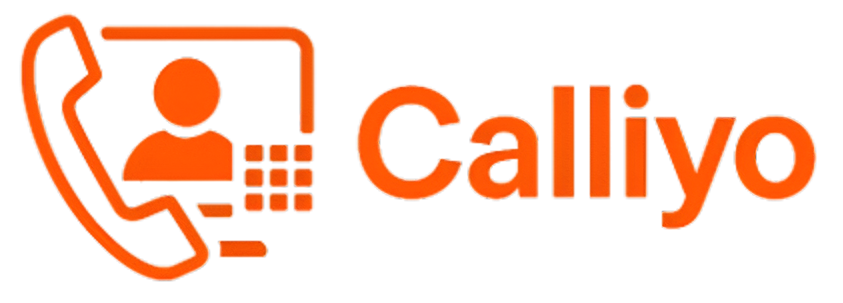In today’s fast-evolving business landscape, choosing the right call management system is critical for maintaining smooth customer communication and maximizing agent efficiency. Two widely used solutions—SIM-based call management and on-premise call management systems—offer distinct advantages depending on your business needs, size, and infrastructure.
SIM-based call management vs On-premise systems
SIM-based systems leverage mobile SIM cards and cloud technology, making them ideal for businesses seeking mobility, cost-effectiveness, and quick deployment. In contrast, on-premise call management systems rely on physical infrastructure installed at a company’s location, offering high control and customization but often requiring significant upfront investment and IT support.
This article compares SIM-based vs on-premise call management systems, helping you understand the key differences, benefits, and which solution is best suited for your organization in 2025. Sure, here is a comparison between SIM-based call management and on-premise call management systems:
| Feature | SIM-based Call Management | On-premise Call Management |
|---|---|---|
| Deployment | Cloud-based | On-site |
| Scalability | Highly scalable | Requires hardware and software upgrades |
| Cost | Typically more cost-effective | Can be more expensive upfront |
| Flexibility | Highly flexible | Less flexible |
| Global reach | Can be used to make and receive calls from anywhere in the world | Limited to the geographic location of the system |
| Maintenance | Managed by the provider | Managed by the customer |
| Upgrades | Automatically updated | Requires manual updates |
SIM-based call management systems are cloud-based solutions that use SIM cards to make and receive calls. This makes them highly scalable and cost-effective, and they can also be used to make and receive calls from anywhere in the world. However, they are not as flexible as on-premise systems, and they require the customer to rely on the provider for maintenance and updates.
On-premise call management systems are traditional systems that are installed on-site at the customer’s location. This gives the customer more control over their system, but it also makes it more expensive and less scalable. On-premise systems also require more maintenance and updates than SIM-based systems.
Here is a table that summarizes the key differences between SIM-based call management and on-premise call management systems:
| Factor | SIM-based Call Management | On-premise Call Management |
|---|---|---|
| Cost | Lower upfront cost | Higher upfront cost |
| Scalability | Highly scalable | Less scalable |
| Flexibility | Less flexible | More flexible |
| Global reach | Global reach | Limited reach |
| Maintenance | Managed by the provider | Managed by the customer |
| Upgrades | Automatically updated | Requires manual updates |
Ultimately, the best type of call management system for a D2C startup will depend on its specific needs and requirements. However, SIM-based call management systems are a good option for startups that are looking for a cost-effective and scalable solution that can be used to make and receive calls from anywhere in the world.
Frequently Asked Questions (FAQs)
What is the main difference between SIM-based and on-premise call management systems?
SIM-based systems use mobile SIM cards and cloud technology for call routing, while on-premise systems require hardware and infrastructure installed at the business location.
Which is more cost-effective: SIM-based or on-premise call management?
Yes. SIM-based systems can easily scale by adding more SIMs or agents, making them ideal for MSMEs and remote teams looking to expand quickly.
Which system is easier to deploy?
SIM-based call management systems are easier and faster to deploy, often requiring no IT team or physical installation. On-premise systems take more time and resources to set up.
